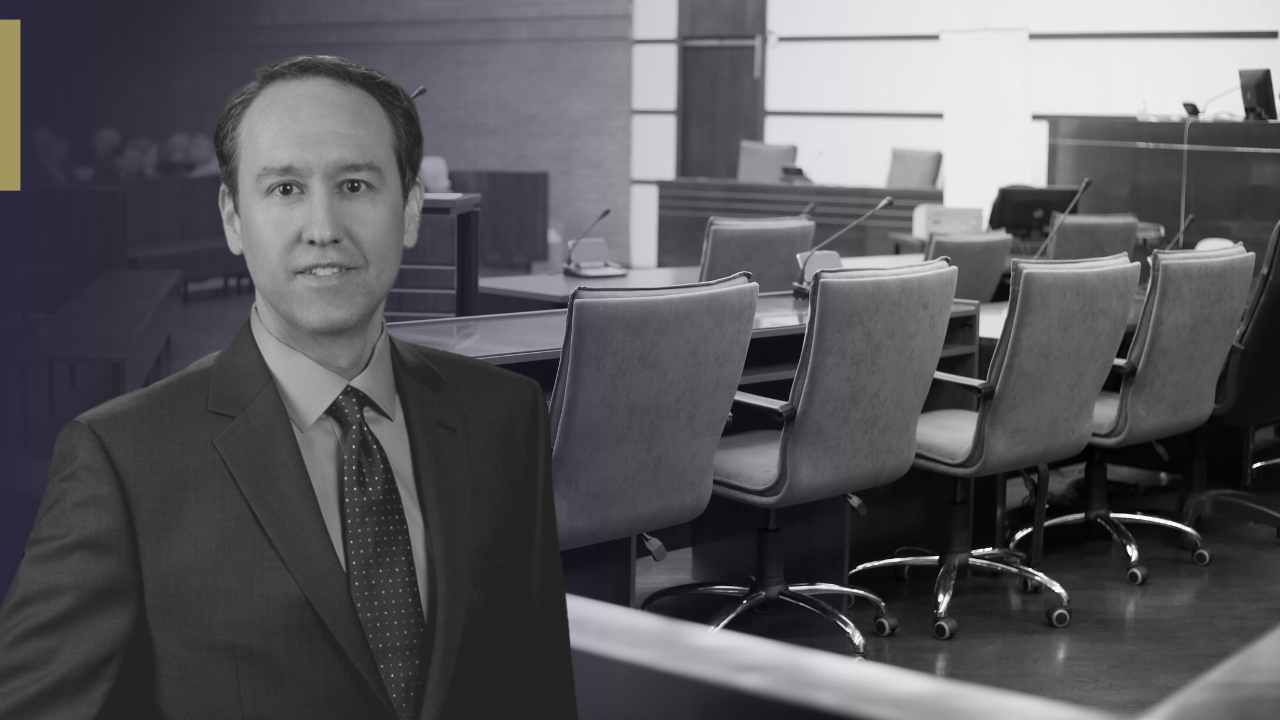In the past week, I sat down with two potential clients and their families to discuss taking an appeal. I thought one case was “winnable,” and one I thought was not. I put “winnable” in quotation marks because defining a win in appeals law is difficult.
In one case , the prospective client recently entered a non-negotiated guilty plea to a violent crime. A non-negotiated plea is one where there is not recommended sentence by the State. The client stands before the judge, puts up his mitigating evidence, and the judge chooses the appropriate sentence. The sentence was tough, but it could have been worse. The other case involved a man who entered a plea to a very badly worded indictment and whose plea hearing was pretty messed up. By messed up, I mean that the judge did not ascertain whether the client understood the rights he was giving up by taking a plea and choosing to forego a trial. Both cases were dangerous.
Danger Often Lurks Ahead When You Mess with Guilty Pleas
These two cases had something in common though. They were a classic demonstration of the cliche — “be careful what you wish for because you just might get it.” Bad things were waiting for these prospective clients at the end of a successful appeal. For the guy with the defective plea, two counts that were originally dismissed would return from the dead to haunt the client on retrial. For the other prospective client, there were several potential counts for which he could have been indicted after a successful appeal, and the case was not going to be very easy to defend at trial.
The choice was theirs, but I advised that an appeal was likely a slow road to disaster. The sequel was going to be more along the lines of Caddyshack II than Return of the Jedi.
The Judge’s Power When Counts were Dismissed
But, you say, can the judge really punish you for a successful appeal? It depends. In the landmarks case of North Carolina v. Pearce, the Supreme Court held that a judge cannot increase a person’s sentence after a direct appeal unless there is a new objective reason to do so, such as bad conduct after the original verdict. Justice Potter Stewart wrote for the majority:
… we have concluded that whenever a judge imposes a more severe sentence upon a defendant after a new trial, the reasons for his doing so must affirmatively appear. Those reasons must be based upon objective information concerning identifiable conduct on the part of the defendant occurring after the time of the original sentencing proceeding. And the factual data upon which the increased sentence is based must be made part of the record, so that the constitutional legitimacy of the increased sentence may be fully reviewed on appeal.
So, if the client went to trial and lost, then an appeal is a safe bet. However, if he entered a plea and, as part of the negotiations, one or more counts were dismissed, then the State can bring those counts back and a sentencing judge would be sentencing the client technically for the first time. So, we wouldn’t be an an Pearce situation. And if you want to argue Pearce in Georgia you better bring some Pearce facts to the game.
Give our appellate courts the opportunity to wiggle around the holding in Pearce and they will, just as they did recently.
Stare Deeply into the Crystal Ball
When you meet with a prospective client, there is one essential conversation you must have and it starts with a very basic question — what is your goal? Do you want to gear up for a new trial and risk battling sleeping giants so that you can walk away? Do you want to gamble that the State can’t put on a case now or that it will take its toys and go home?
Put another way, invite the client to imagine what victory looks like to them by asking them to plan the 6 months that will follow a successful appeal. What will she be doing? Enjoying her newfound freedom or moving from a prison to a county jail to await a new trial that will be un-winnable? Planning for the next trial where she will kick the State’s butt this time? Negotiating a better deal than the one before?
If you can agree on what that image will be, then welcome aboard. If not, it may be a case best left untaken.


